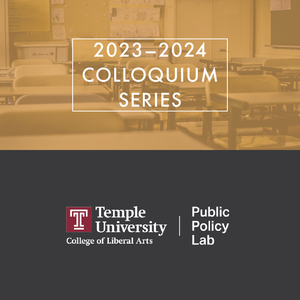PPL Faculty Fellow Dr. Kim Goyette, Professor and Chair of Sociology, presents in the PPL Colloquium Series:
COVID Learning Loss as Measured in the PISA: Which Countries Fared Best and Which Fared Worst?
Much is beginning to be written about COVID learning loss; that is, the differences in students’ achievement before COVID and after. The consensus is that there has been demonstrable loss in students’ math and, to a lesser extent, reading abilities, though there is variation in magnitude of these losses. While researchers are just beginning to explore this loss, no studies have, as yet, compared these losses across countries. The Programme for International Student Assessment (PISA), administered by the Organization for Economic Cooperation and Development (OECD), tests 15-year-old students in math, reading, and science using the same instrument approximately every three years. Its last data collection was in 2018. Another wave was scheduled for 2021 but was later postponed until 2022. The comparison between the 2018 and 2022 test results provides an ideal opportunity to examine learning losses due to COVID across and within countries. In this research, Dr. Goyette describes the gaps in PISA math, reading, and science scores between 2018 and 2022 across countries. She explores which countries experienced the smallest (or, perhaps, no) losses and which experienced the largest losses. Where data are available, she also explores growing or shrinking inequality within countries; that is, whether some students within countries were more affected by COVID learning loss than others. For example, poorer compared to wealthier students, immigrant compared to native students, and/or boys compared to girls may experience losses differently within countries. Dr. Goyette attempts to correlate COVID losses and growing or shrinking inequality within countries to a variety of features of countries and their education systems.
